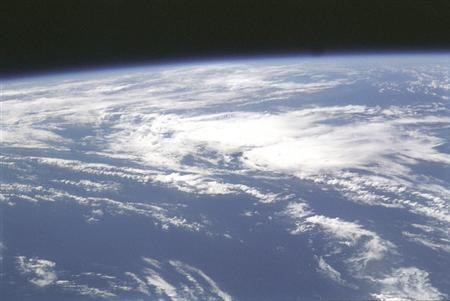Humanity is close to alien-life discovery, NASA assured the public, the Space reported.
In a conference about the agency's habitable world and alien life search on April 7,Tuesday, NASA chief scientist Ellen Stofan said, "I think we're going to have strong indications of life beyond Earth within a decade, and I think we're going to have definitive evidence within 20 to 30 years."
This statement would then step on Russia's prediction that their scientist's will meet aliens by 2031, Reuters wrote.
"We now know where area to focus. We now know how to exactly approach the matter. In most of the cases, we already have the needed technology and we are on a concrete plan to executing it. And so I am thinking that we are definitely on the right track," he added.
John Grunsfeld, the former astronaut and NASA associate administrator is also optimistic about the matter. He predicted that alien-life proofs will be discovered relatively soon either within the solar system or outside of it.
"I really think that where we are is still a generation away from the solar system, both on Mars and on icy moon, and also a generation away from a planet that is proximal to the nearest star," Grunsfeld shared.
The agency's most recent discoveries that show that the Milky Way and the solar system have environments which could support living organisms is a strong indication that alien-life is possible.
For instance, liquid water is present in the Enceladus satellite of Saturn and beneath Jupiter's Ganymede and Europa icy shells. Oceans were discovered to have covered Mars in the ancient years and the seasonal dark streaks on the surface of the "Red Planet" might have been caused by the flowing, salty water.
The Mars rover, which is set to launch in 2020, will look for samples and past life signs for a possible analysis upon return to Earth. NASA is also aiming to land astronauts on Mars' surface by 2030, a step closer to Mars life search.



























